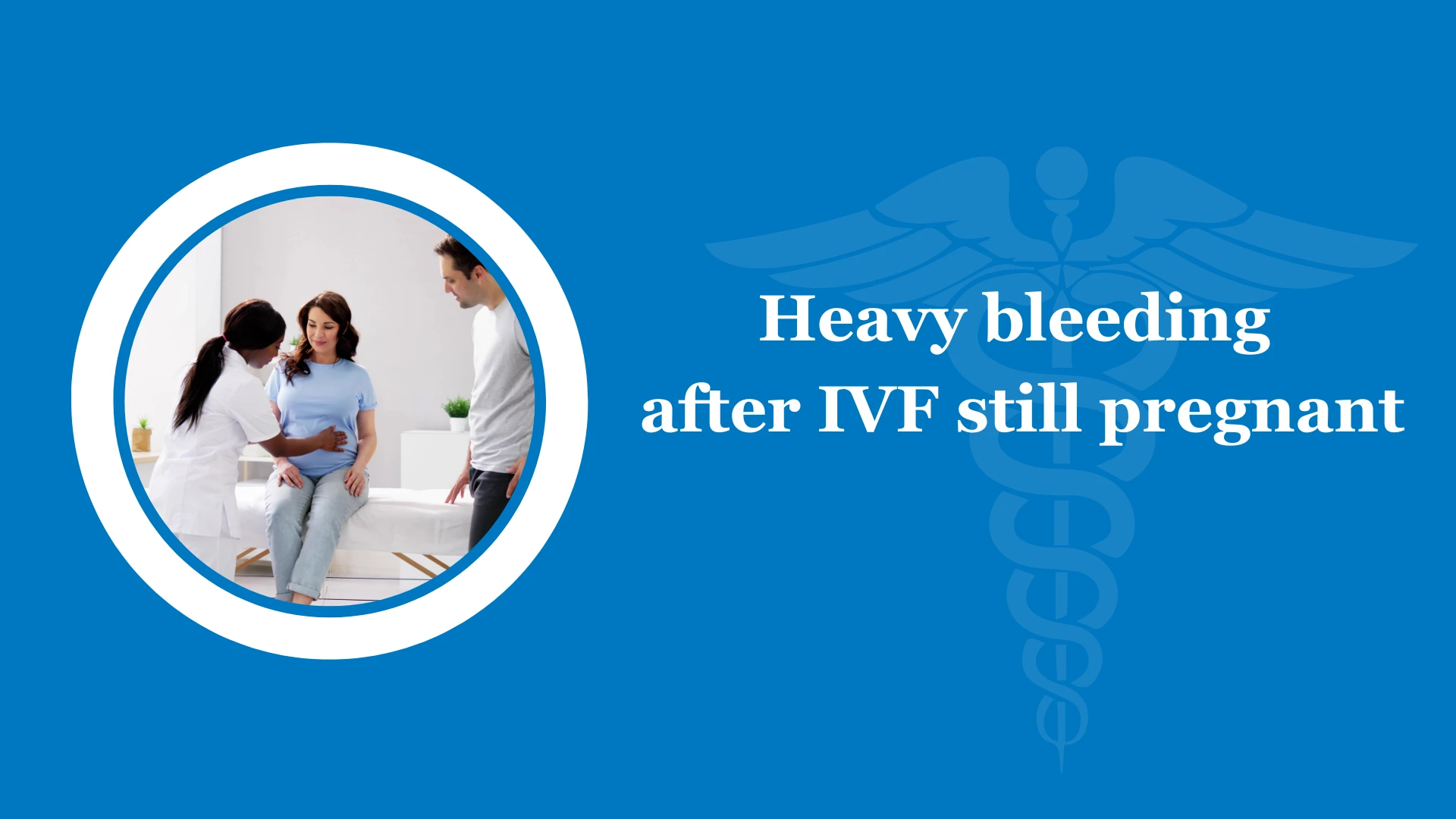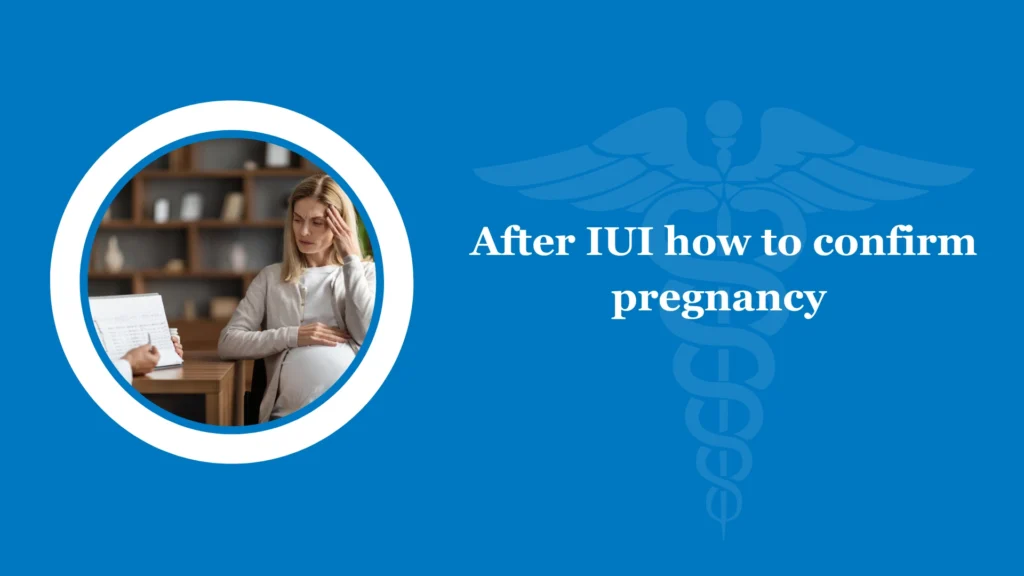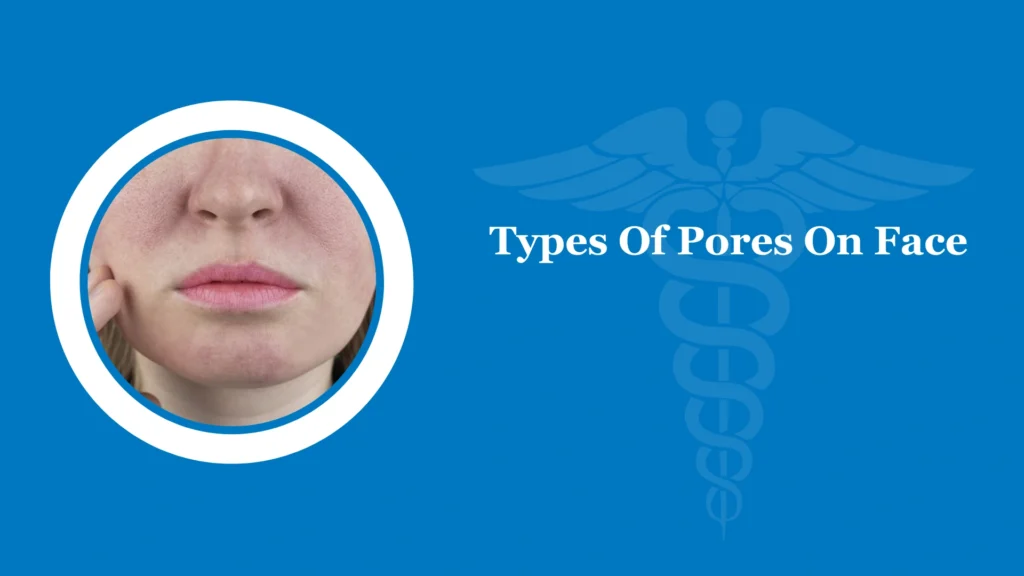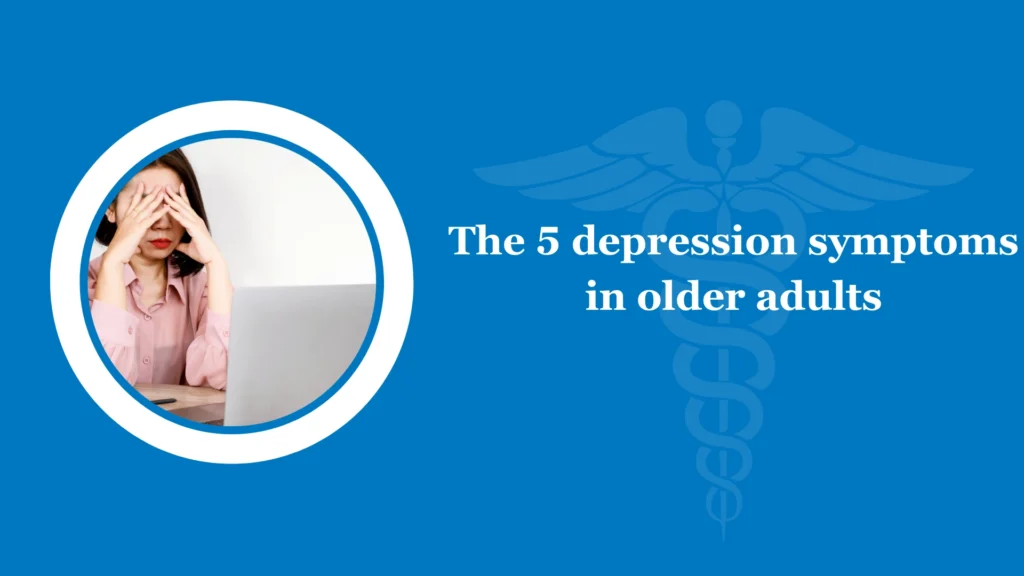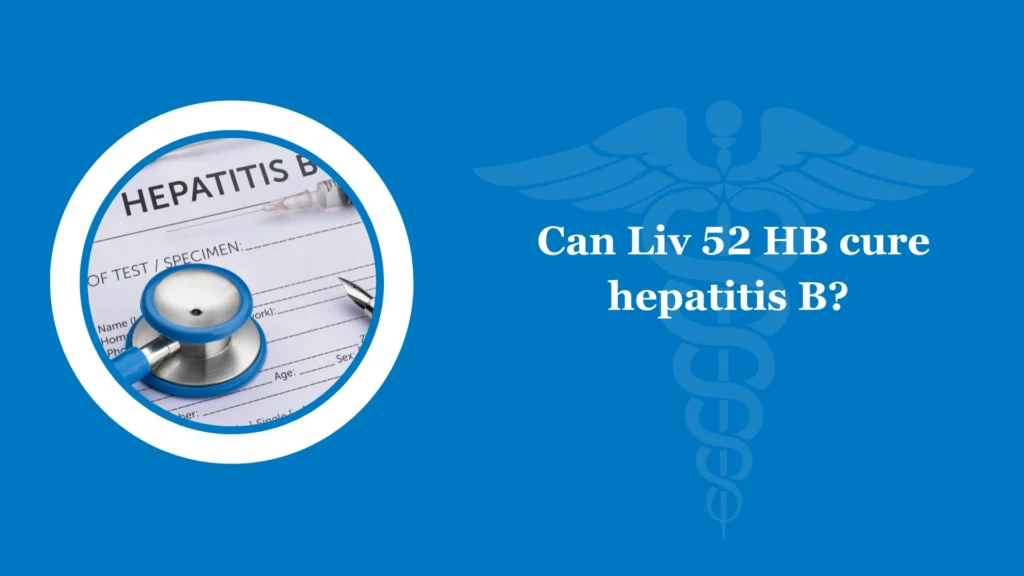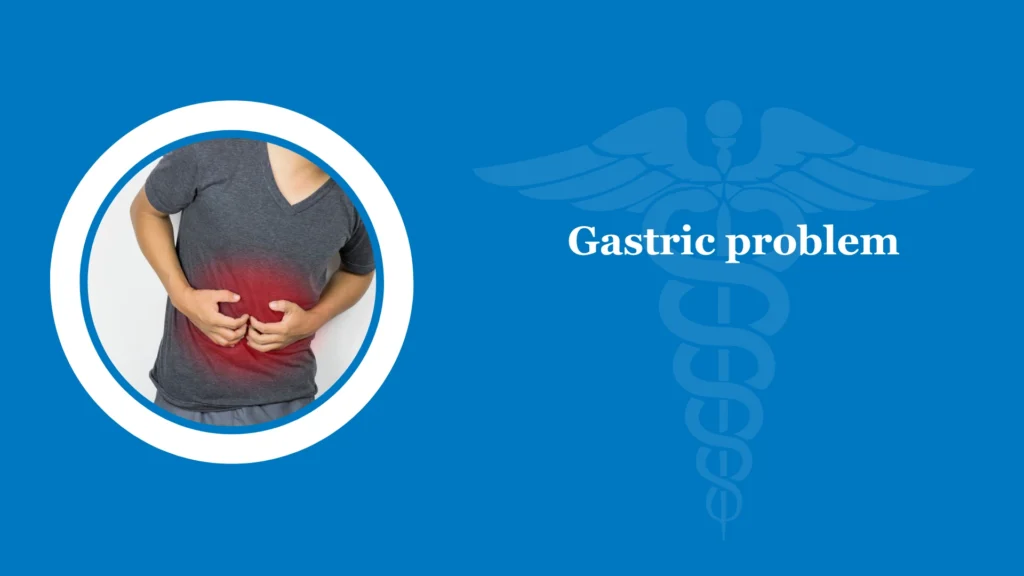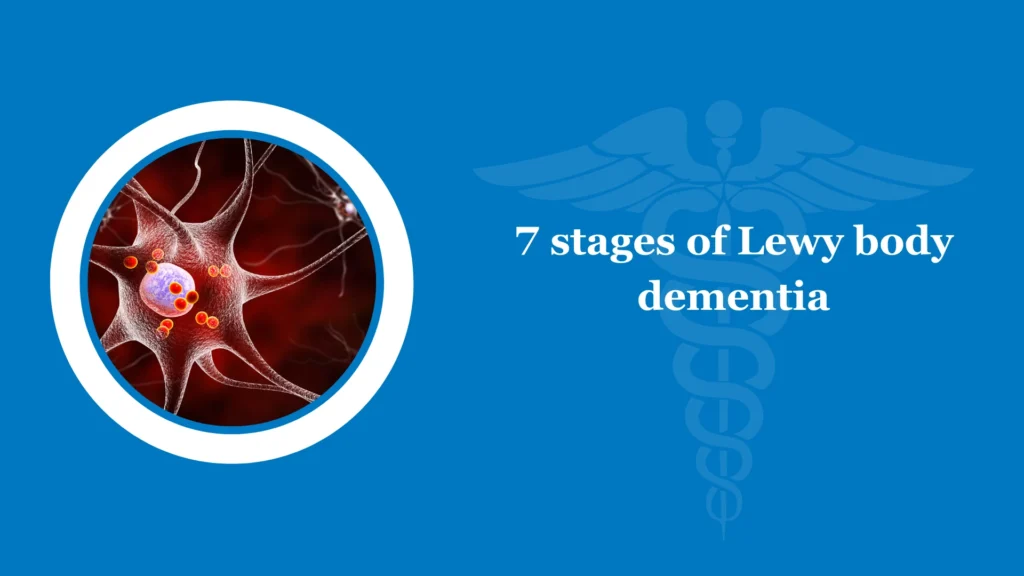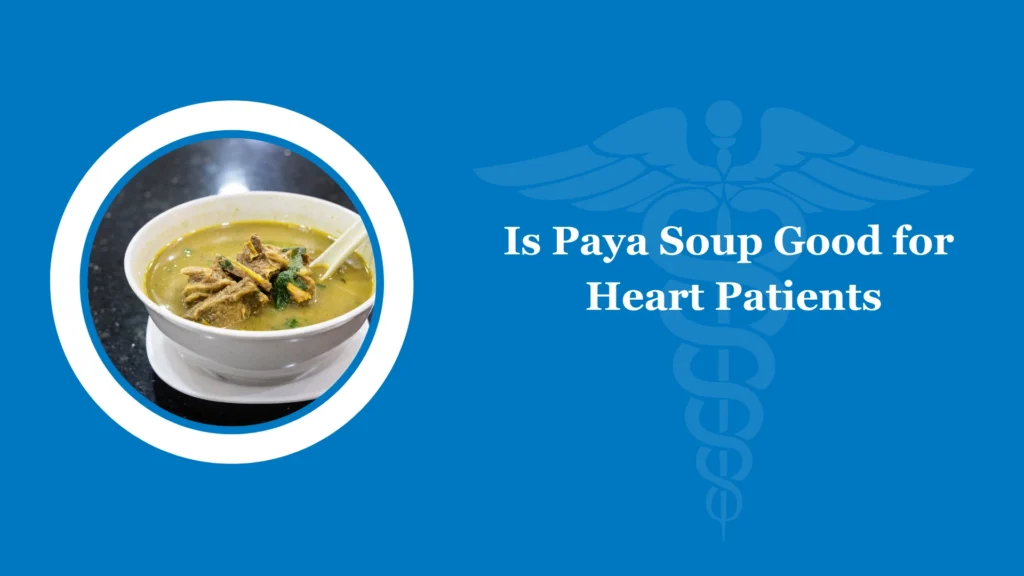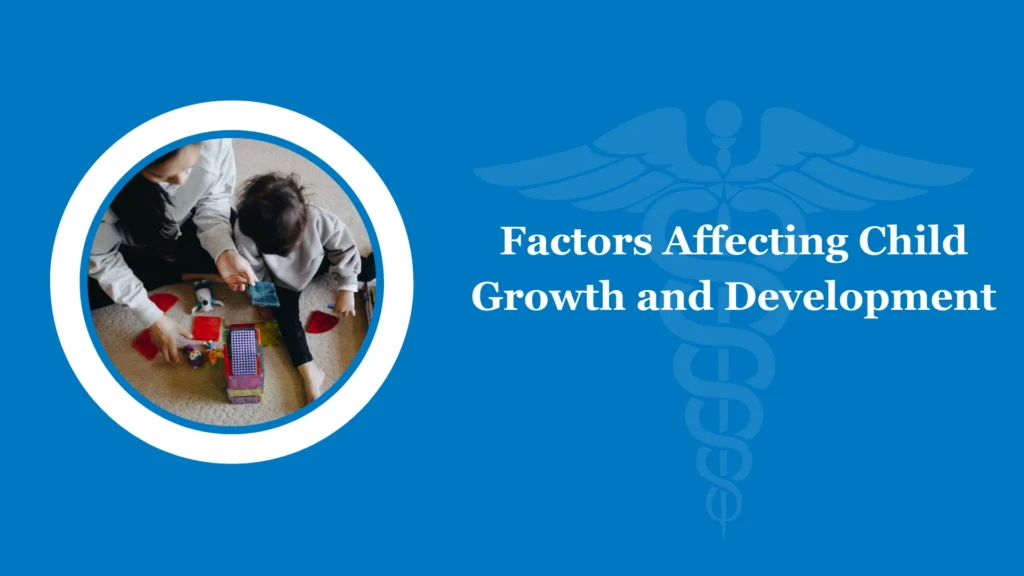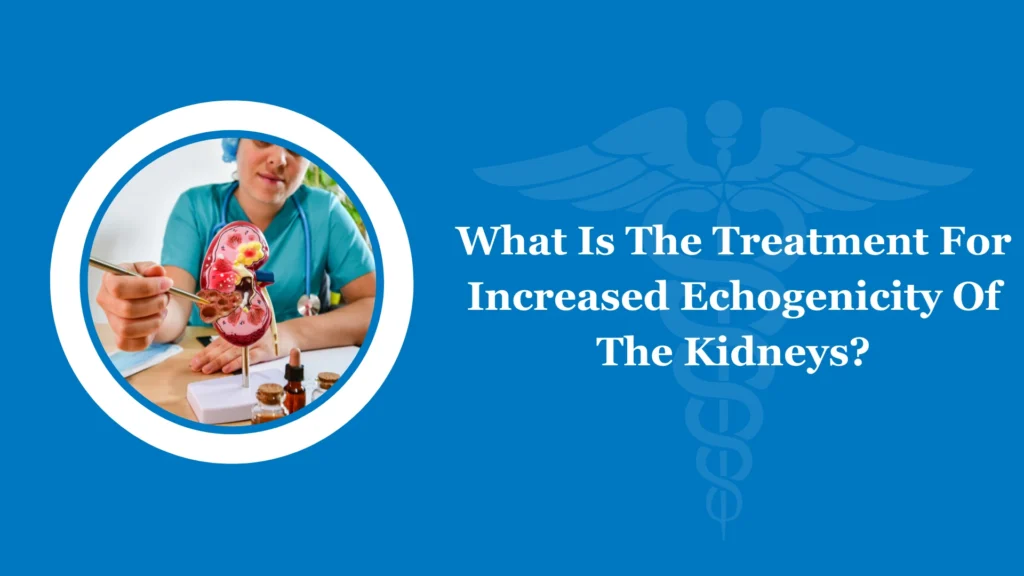Once the treatment is completed, in the first trimester women usually have spotting or bleeding. Bleeding is quite common who are undergoing IVF. It might lead to miscarriage.
When it is mild bleeding or implantation bleeding, it will considered as still pregnant. Bleeding can be a sign of miscarriage but it will not cause the occurrence of miscarriage.
Heavy bleeding with severe pain is a concern for pregnancy confirmation. At this time, women should consult their fertility specialist.
Can You Bleed Heavily After IVF And Still Be Pregnant
After the first trimester, Mild bleeding, spotting, or cramping can be a symptom of pregnancy. Implantation bleeding is considered as a still positive pregnancy.
However, heavy bleeding or cramping with severe pain may be a negative sign of pregnancy, but once have this issue immediately report the doctor. Find the cause of heavy bleeding and get it treated.
Positive pregnancy is not the same for all while heavy bleeding, it differs for various reasons also. One can bleed after IVF and still be pregnant depending on person to person.
Does Bleeding Mean IVF Has Failed?
At the moment when one is bleeding, they immediately think about the IVF cycle was failed. It has various reasons for the bleeding after the embryo transfers.
If the bleeding is mild, normal or light have no other symptoms like severe pain in the abdomen, IVF may not fail.
However, after the embryo transfers, she should not engage in strenuous exercise activities & intercourse this will stress the body and cause pain in the abdomen and cause bleeding.
Don’t decide by yourself about the IVF failure, consult with the doctor immediately to avoid overthinking issues during pregnancy.
Is Bleeding Common With IVF Pregnancies
Yes, Bleeding is common in IVF conception as well as normal pregnancies. After embryo transfers, bleeding could be mild or spotting for a few days. When it is heavy bleeding or last for a couple of weeks it may be uncommon.
Usually, after the first trimester bleeding occurs in nearly 30%-40% of pregnancies.
This is one of the symptoms called implantation bleeding of successful pregnancy in fertility treatment. Do have any confusion in this kindly consult with the doctor
What Causes Bleeding In IVF Pregnancy
During the pregnancy period, whether it is normal or IVF conception a woman, after the first trimester might be spotting or bleeding which may not cause miscarriage.
In some cases, it is a positive sign or a negative sign in this treatment. There are some reasons behind for the cause of bleeding in IVF, let’s see it as follows:
Implantation Bleeding
Implantation bleeding can occur after the embryo is implanted in the uterine lining. The placenta moves to the way of the uterine lining for a blood supply in the reproductive system.
The placenta will grow rapidly during this period and it will produce high blood. Due to the blood flow increase to the uterus, bleeding will occur. Implantation bleeding will last for a few days.
Subchorionic Hemorrhage
Subchorionic Hemorrhage will occur due to the placenta slightly detaching from the uterine wall. This can cause the blood to accumulate in the areas and cause blood clots and some will come out to the uterus.
In some times it can be seen in utera sounds. This is not a big issue and there is no need for medical intervention. It will not continue, it lasts once the clots are expelled from the uterus.
Polyps
Polyps are benign (non-cancerous, no effect) growths that will form in the cervix and endometrium.
This is a common one it is not severe in the pregnancy. Due to the hormonal changes in the pregnancy, they become enlarged and can cause bleeding.
Vaginal/Cervical Irritation
Some of the things that can disturb or irritate the vagina or cervical irritation lead to slight bleeding activities like intercourse, frequent examinations & tampon usage, and vaginal ultrasounds.
Consult with the doctor, there is the possibility to limit the frequent examinations and avoid intercourse for some time after the treatment, instead of tampons (ask the doctor for an alternative).
What Happens If You Bleed After An IVF Transfer
After IVF transfer, bleeding is a common symptom. There are no interventions or therapies to stop the bleeding in the early stage of pregnancy. It is better, to wait for some time in many pregnancy cases bleeding will stop within a week or two.
Maintain the body more hydrated, avoid strenuous activity, and intercourse, and be aware of the vagina, nothing should be placed on there.
How Much Bleeding Is Normal After IVF
After the embryo is implanted in the uterus lining, there is light spotting or bleeding which is quite normal with a brownish or pinkish color that will last only for a few days. There can also be some mild red color blood.
When To Contact Your IVF Doctor
If you feel bleeding with severe abdominal pain with any other symptoms of cramping, nausea & vomiting that will last for many days, do visit the doctor immediately.
Conclusion:
Even if bleeding is heavy, there might be only the sign of miscarriage, it is considered as still pregnancy.
After the implantation, the bleeding will occur and last for a few days if it is not stopped for several days or weeks, must consult with the doctor.
FAQs
1. Is bleeding common in IVF twin pregnancy?
Bleeding is as common in twin pregnancies as in singleton pregnancies. Moreover, the bleeding might be different it is not the same for all twin pregnancies it may or may not occur depending on the likelihood of IVF.
2. Can bleeding be a sign of miscarriage in an IVF pregnancy?
Yes, it is only the sign of miscarriage, not meant the sign of miscarriage occurs. It is normal in some cases, it might be heavy with severe pain or cramping can cause concern.
3. Does heavy bleeding mean IVF failed?
Might be. Heavy bleeding with severe pain can cause concern. Founds heavy bleeding do visit your fertility specialist.
4. Can you still be pregnant after heavy bleeding?
Yes, if the implantation occurs, it denotes a positive sign of pregnancy means still pregnant. Heavy bleeding can cause the concern to immediately report to the doctor.
